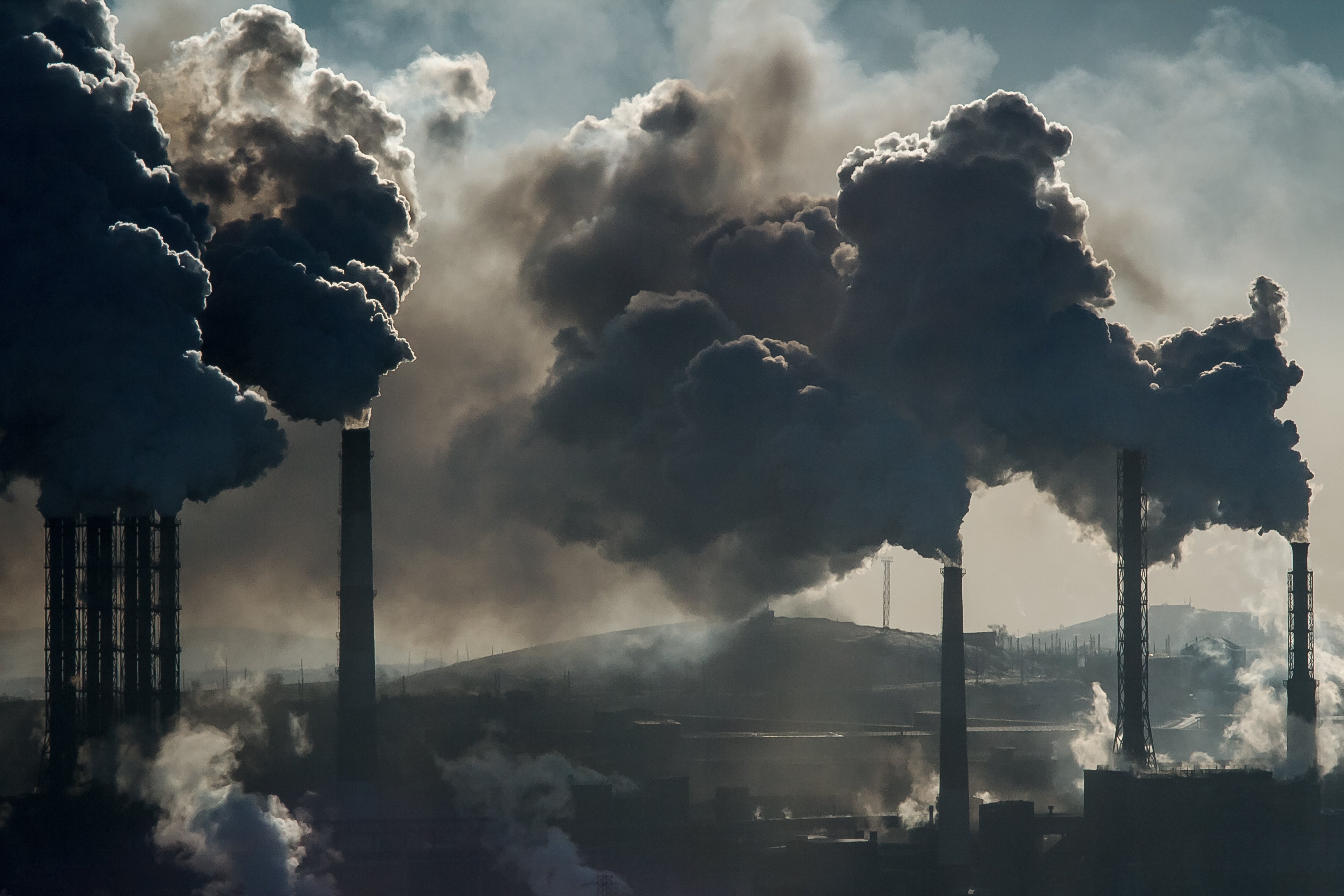Improving air quality could lessen Covid impact, study finds
Exposure to air pollution can increase Covid hospitalisation by up to 30 per cent, reports Aisha Rimi


Exposure to air pollution can worsen patient outcomes from Covid, a new study reveals.
Researchers found that exposure to air pollutants - such as fine particles (PM2.5) and nitrogen dioxide (NO2) - increased the risk of hospitalisation by up to 30 per cent for fully vaccinated patients.
“Among vaccinated people, the detrimental effect of air pollution exposure is a little smaller, compared to people who were not vaccinated,” said Dr Chen, assistant professor of population and public health sciences at the Keck School of Medicine of USC. “But that difference is not statistically significant.”
“These findings are important because they show that, while Covid-19 vaccines are successful at reducing the risk of hospitalisation, people who are vaccinated and exposed to polluted air are still at increased risk for worse outcomes than vaccinated people not exposed to air pollution,” said corresponding author Anny Xiang, a senior research scientist at Kaiser Permanente Southern California.
Researchers analysed the data from more than 50,000 Covid patients across Southern California. The estimated air pollution exposure levels were calculated for each participant based on residential addresses.
Experts, who published their findings in the American Journal of Respiratory and Critical Care Medicine, looked at average PM2.5, NO2, and ozone (O3) levels during the one-month and one-year periods before each patient received a Covid diagnosis.
“We investigated both long-term and short-term air pollution exposure, which may influence Covid severity through different mechanisms,” said Dr Chen.
Out of 30,912 people who were unvaccinated, high short-term PM2.5 exposure increased the risk of Covid-19 hospitalisations by 13 per cent, while long-term exposure increased the risk by 24 per cent.
For nitrogen dioxide, short-term exposure raised hospitalisation risk by 14 per cent and long-term exposure raised the risk by 22 per cent, while the pollutant ozone was not significantly associated with COVID-19 hospitalisations.
Long-term exposure to air pollution is linked to an increased risk of cardiovascular and lung diseases, which in turn lead to more severe Covid symptoms. Short-term air pollution exposure can worsen inflammation in the lungs and even change the way a patient’s immune system may respond to the virus.
The findings suggest that an improvement in air quality could reduce severe cases of Covid.
This spring, the Biden Administration launched the Clean Air in Buildings Challenge, an effort to install high-efficiency particulate absorbing (HEPA) filters in schools and other public buildings.
Join our commenting forum
Join thought-provoking conversations, follow other Independent readers and see their replies
Comments

Bookmark popover
Removed from bookmarks